What is SEO and why is it important?
SEO stands for search engine optimization. It is a systematic process to help websites rank higher in natural (unpaid) search result.
It is cost-effective for businesses to increase their visibility and brand awareness online. it is also a very easy way to pull more traffic to the business websites.
How search engines work?
In order to optimize our websites for best search results, we need to first understand how search engines work:
Primarily objective of search engines:- To provide users with the
most relevant results in relation to your search query
How do they find the "most relevant results"?- Search engine scan entire online materials and
“index” website as mean of prioritizing particular website content
Therefore, to reach the top in the "search engine result page"(SERP), you need to:
- Provide
rich quality content on website
- Include more “inbound links”
What it takes to rank?There are three elements search engine considers when determining
where to list website on the SERP:- Rank
- Authority: how authoritative & credible a website’s content is
- Relevance: how relevant is the content to a specific search query
How to use SEO?
In order to implement successful SEO strategy, business owners need to focus on three aspects:
- Keyword research
- On-page optimization
- Off-page optimization
For a more complete tutorial on these three elements, please visit my Tuli Hotel Group Project:
White hat
White hat SEO is not just about following guidelines, but is about ensuring that the content a search engine indexes and subsequently ranks is the same content a user will see. White hat advice is generally summed up as creating content for users, not for search engines, and then making that content easily accessible to the spiders, rather than attempting to trick the algorithm from its intended purpose. Sometimes it takes time to achieve your goal result by just using white hat, but the end result is high quality and promising.
here are some tips for using white hat techniques:
1. Quality ContentWhen we first started looking at SEO as a separate entity to website build there was one phrase that we would continually hear,
“content is King”, and it’s true. There is nothing more valuable you can do to optimise your site for search engines than offer unique well written content. A search engines aim is to serve up what it believes to be the most appropriate website for any given search to the end user.
2. Titles and Meta DataProviding
pages with proper titles and meta data is essential for a quality website. The title of anything is a declaration as to what the content might be, so
make sure your page titles are a true representation of the content of the page.3. Keyword Research and Effective Keyword Use
Create your website with keywords and key phrases in mind. Research keywords and key phrases you think people might use to find your site. Single words are not always the most effective target, try multi-word phrases that are much more specific to your product/service and you’ll be targeting end users that are much more likely to want what you are offering.
Use the keywords and key phrases you’ve identified effectively throughout your website. Assign each page 2-3 of the keywords you’ve identified and use the keywords throughout all the important elements of the page. Those are,
- Title
- Meta Description
- Meta Keywords
- Heading Elements
- <H1>
- <H2>
- <H2>
- Text
- Alt Tag
- Title Tag
- Links
Black hat (something we don't want to use for a quality website!)
In search engine optimization (SEO) terminology, Black Hat SEO refers to the use of aggressive SEO strategies, techniques and tactics that focus only on search engines and not a human audience, and usually does not obey search engines rules.
Black Hat SEO can possibly result in your Web site being banned from a search engine, however since the focus is usually on quick high return business models, a lot of people do take the risk and adopting some black hat techniques. Here are some samples of black hat technique:

1. Hidden Content
Top of our list of black hat SEO techniques is hidden content. Hidden content comes in many guises but the basic principle is that within the code for the site there will be content stuffed with keywords, this content will not be visible to the end user of the site.
2. Meta Keyword Stuffing
There are two Meta tags that are generally used to inform search engines of the content on the page. They reside between the <head> tag of a page and when used incorrectly they can alert a search engine that a site is using spam techniques in an attempt to improve its ranking.
3. Meta Keywords
Meta Keywords should be a short list of words that inform of the main focus of the page. Meta keywords have been so misused in the past that there are few if any search engines that take any heed of them.
4. Doorway or Gateway Pages
Doorway or Gateway pages are pages designed for search engines and not for the end user. They are basically fake pages that are stuffed with content and highly optimised for 1 or 2 keywords that link to a target or landing page. The end user never sees these pages because they are automatically redirected to the target page.
5. Link Farming
In the real world if you were to build your house in a bad neighbour hood then your house would be affected by its surroundings. The same is true of the virtual world. Link farms or free for all (FFA) pages have no other purposes than to list links of unrelated websites. They won’t provide you with any traffic and you run the risk of having your site banned for participating. Don’t participate in link farming.
What is it?
· Systematic model that guides user in building a thorough marketing plan
· Involves 6 elements represented by each letter & takes into consideration the 3M (men, money, minutes)
Situational analysis: where are we now?
Objective: Where the firm is going & where does it want to be?
Strategy: How to fulfill the objectives?
Tactics: How the firm will implement the strategy?
Actions: Executing the proposed plan effectively?
Control: Determining whether the e-marketing campaign is success or failure?
1. Produce an integrated consumer experience
2. Inspire your customers to help you stretch your marketing budget.
3. Adopt a publisher's discipline to curb costs
4. Have a right mix



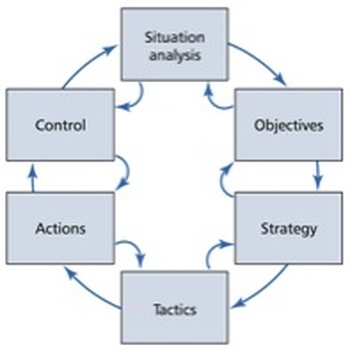
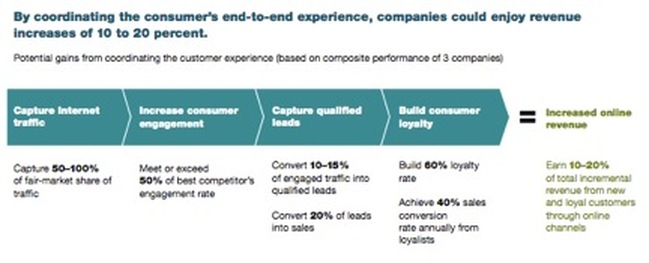
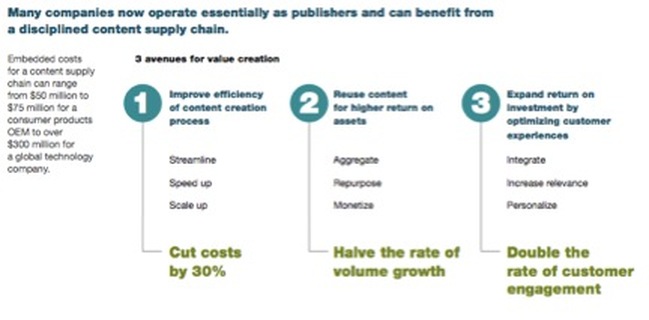
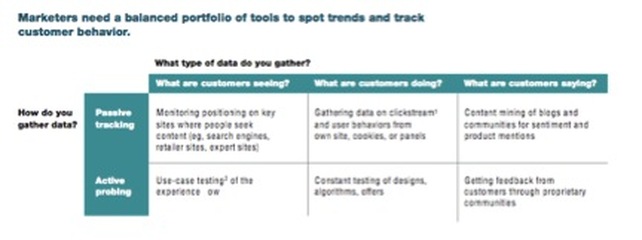
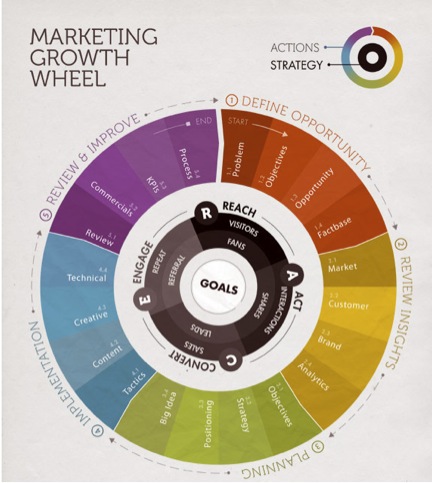
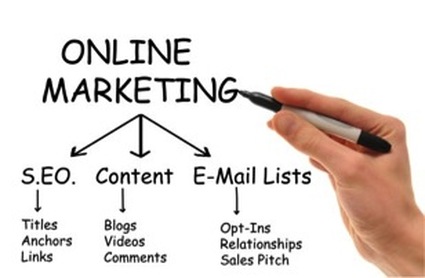
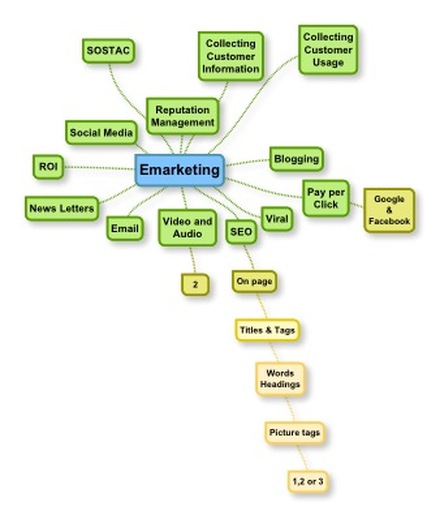
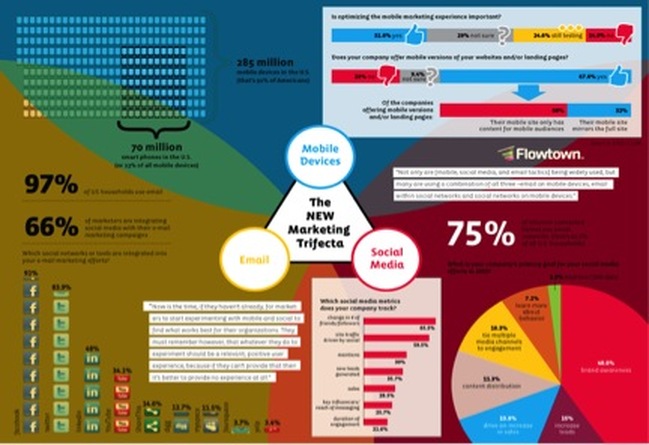
 RSS Feed
RSS Feed